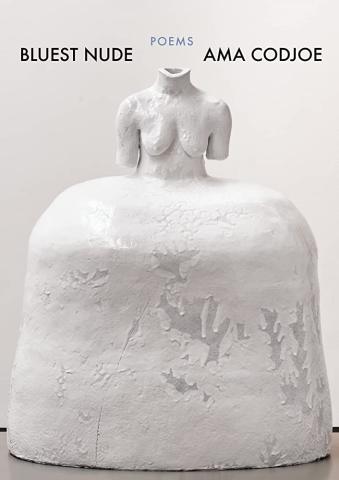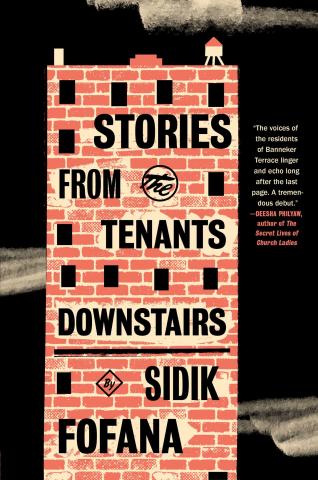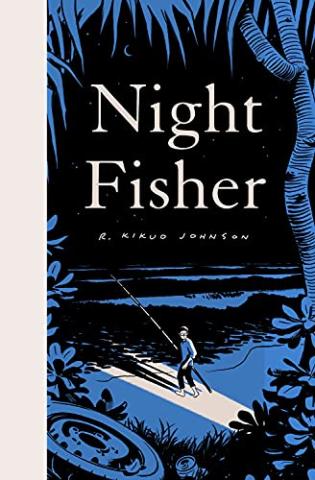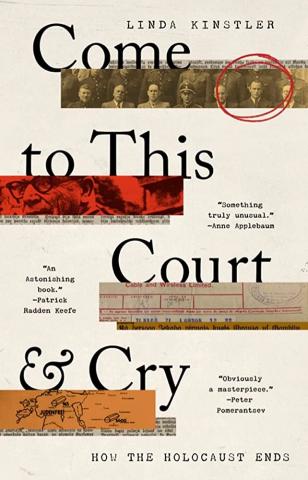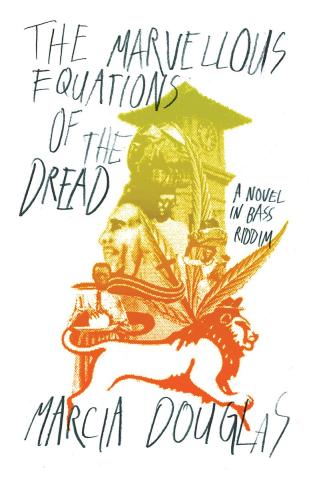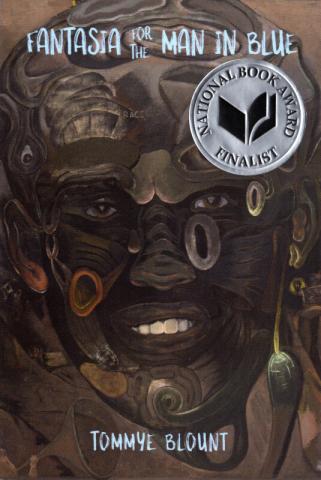Deep in blue-collar New England, the Phelans and the Lavecchias welcome home a prodigal son, setting off an evolving crisis that reshapes their lives… and the play itself. In Mia Chung’s cyclone of a play, three actors perform across race, gender, and generation — a family drama that doubles as a theatrical tour de force.
Cast: Jeff Biehl, Michael Esper, Jeanine Serralles; Director: Ken Rus Schmoll
Cast: Cindy Cheung, Jon Norman Schneider, Rob Yang; Director: Daniel Aukin


